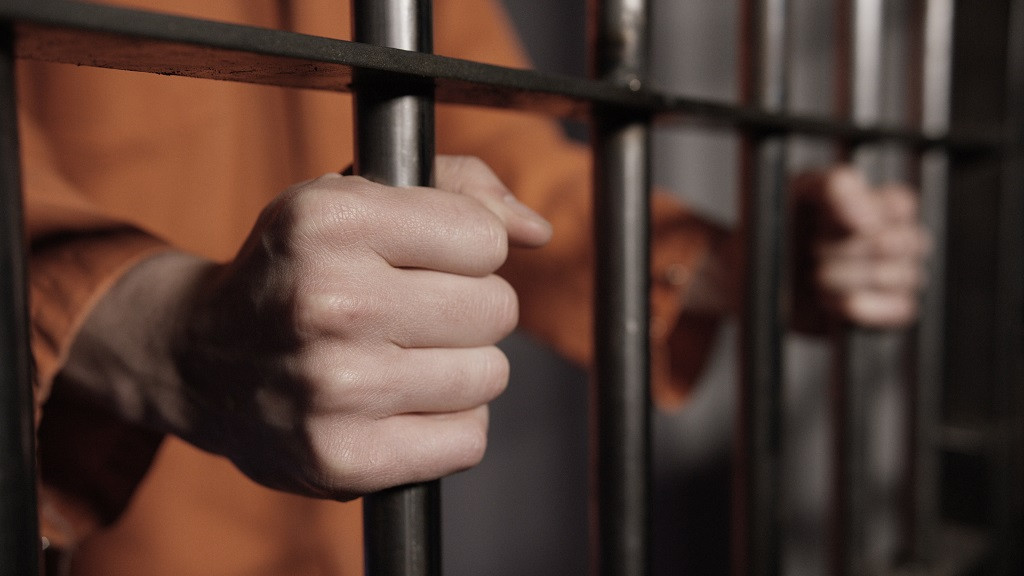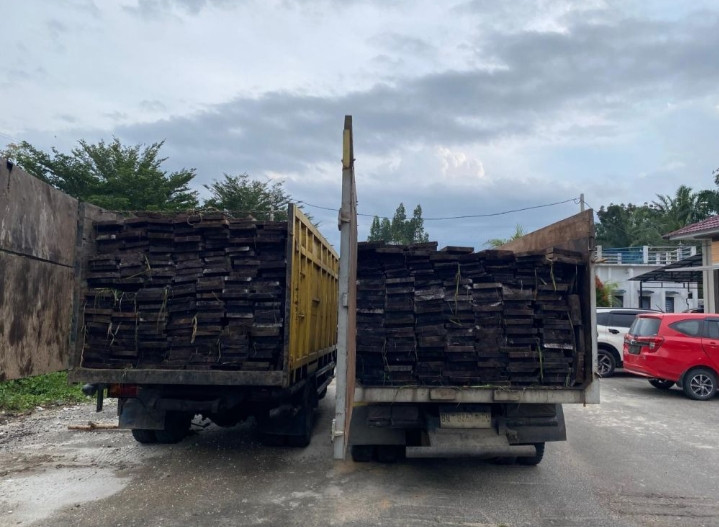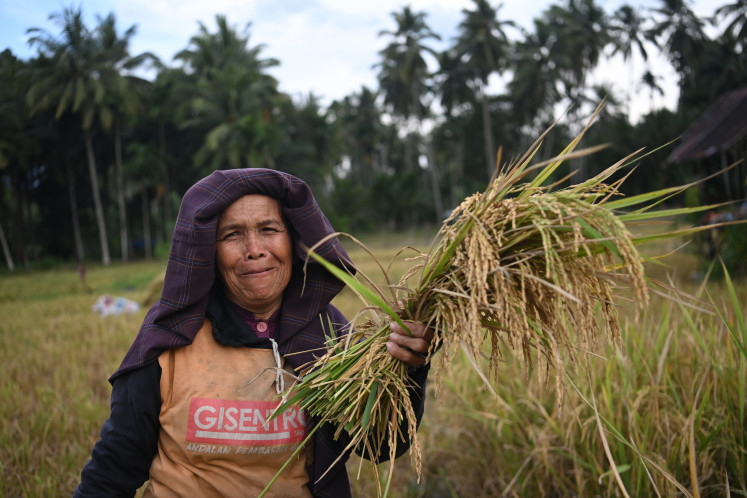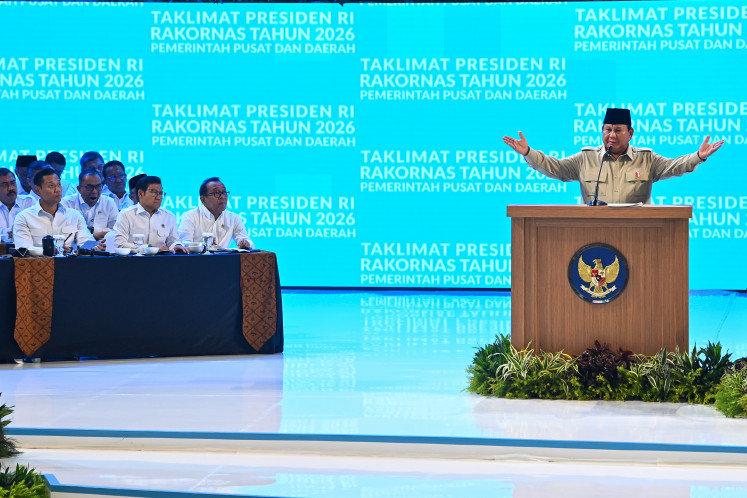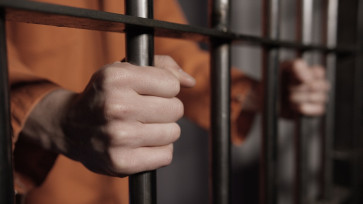Popular Reads
Top Results
Can't find what you're looking for?
View all search resultsPopular Reads
Top Results
Can't find what you're looking for?
View all search resultsCritics claim drug use clemency proposal shortsighted
Change text size
Gift Premium Articles
to Anyone
I
n a bid to reduce overcrowding in prisons, a government-sanctioned but independent team tasked with renewing ongoing judicial reforms has recommended a mass clemency program for convicted drug users and a revision of the narcotics law, which is among the world’s strictest.
Data from the corrections directorate general of the Law and Human Rights Ministry shows that hundreds of correctional facilities across the country hold more than 228,000 inmates, almost double the maximum capacity of around 129,000, while the judicial reform team says that most of the inmates are behind bars because of drug-related crimes.
The proposed mass clemency was laid in the document of recommendations the team recently presented to President Joko "Jokowi" Widodo after it completed its task formulating plans to accelerate criminal justice reforms.
Harkristuti Harkrisnowo, a professor of criminal law at the University of Indonesia who leads one of the reform team’s four working groups, said that inmates serving prison terms for abusing drugs, are not repeat offenders and never break prison rules would be eligible for the clemency program.
"We have submitted our proposed requirements for clemency to the government,” she told The Jakarta Post on Wednesday. “We also recommend that law enforcement officers differentiate between drug addicts, drug traffickers and drug producers.”
Rifqi Sjarief Assegaf, who is a member of Haskristuti’s working group, said the team also recommended that policymakers revise the 2009 Narcotics Law, which does not clearly differentiate between drug addicts, victims of drug abuse and drug dealers.
The law permits judges to sentence drug users and victims of drug abuse to rehabilitation programs rather than prison, but the option is rarely used, while police and prosecutors often either mistakenly classify drug addicts as drug traffickers or charge them with drug possession, an offense which carries harsher prison sentences and for which, offenders are not eligible for rehabilitation. This, according to critics, was exacerbated by President Joko “Jokowi” Widodo's “war on drugs”, which was introduced in 2015.

